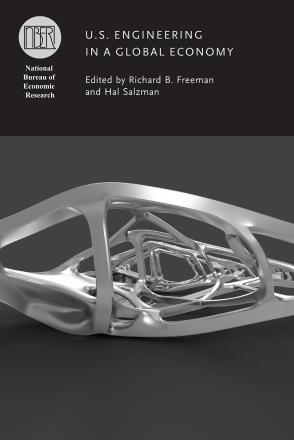Engineering Educational Opportunity: Impacts of 1970s and 1980s Policies to Increase the Share of Black College Graduates with a Major in Engineering or Computer Science

Throughout the 1970s and 1980s, U.S. institutions of higher education began to address long-standing patterns of exclusion. Initial efforts to improve the access of black students to engineering education focused on six historically black engineering colleges, and evolved into a truly nationwide movement. Later, a larger group of Historically Black Colleges and Universities (HBCUs) expanded educational opportunities in engineering, computer science and other technical fields, "to prepare their students for expanded career choices." Geographic and institutional features of the higher education infrastructure led to differential impacts of these policies on students born in different states. A data panel assembled for the project links changes in educational opportunities to current outcomes. The panel includes more than 30 years of complete counts of the number of bachelor's degrees conferred in each field by each U.S. institution of higher education (collected by the U.S. Department of Education and the Engineering Manpower Commission), merged to current labor force data. These data facilitate description of the geography and timing of changes in opportunities for black college students to choose engineering or computer science college majors, and current labor market outcomes among those born in the right place and time to pursue careers in these fields.
-
-
Copy CitationCatherine J. Weinberger, US Engineering in a Global Economy (University of Chicago Press, 2018), chap. 3, https://www.nber.org/books-and-chapters/us-engineering-global-economy/engineering-educational-opportunity-impacts-1970s-and-1980s-policies-increase-share-black-college.Download Citation


